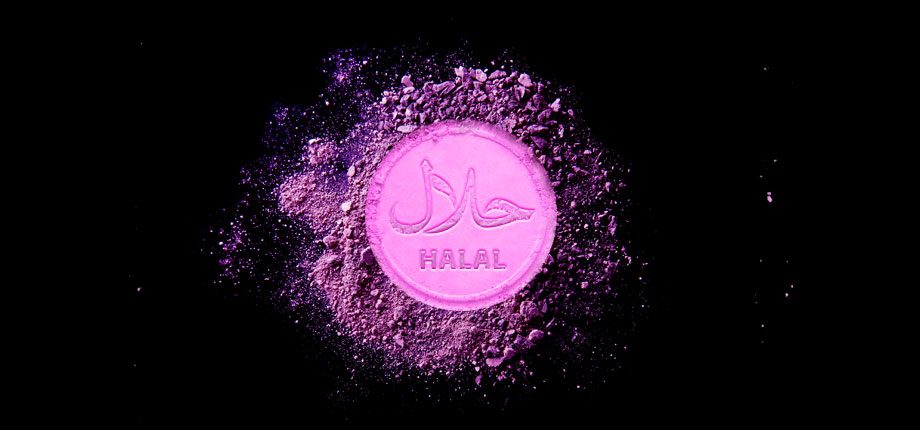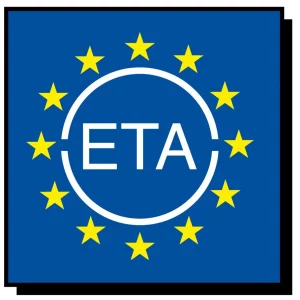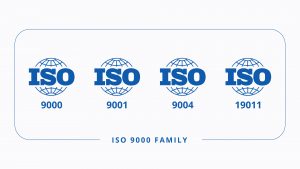
The Islamic consumer is particularly attentive in the purchase of consumer goods that must be produced and marketed so as not to offend the moral and in particular the religious prescriptions.
The concept of Halal (lawful) it is opposed to that of Haram (illicit), a term which in the Koran identifies foods and drinks that a Muslim cannot possibly consume.
Products with Halal certification are considered lawful as they guarantee – on the origin of each individual ingredient / component and on the production chain of the product that is purchased and used – adherence to religious prescriptions. Furthermore, in some countries, Halal certification represents a essential customs requirement for the entry of certain products and for their subsequent marketing.
In general terms, the Halal certification procedures recall those of the certification for organic products and for Kosher products. The Halal certifications yes divide into:
- voluntary certifications, to be applied to those products for which there are no specific prescriptions
- mandatory certifications, necessary for countries where the sale is foreclosed on non-certified products based on the requirements established by the bodies in charge, where the certifying body must be accredited.
Where mandatory certification is required, certified products are guaranteed to pass customs controls, thus simplifying import / export processes.
Opportunities for companies in the cosmetic sector
On the one hand, this certification allows Italian companies that export cosmetic products to reach even the Islamic faith markets (where both purchasing power and attention to personal care is growing) and on the other contributes to the integration of increasingly large Islamic community residing in our country.
Consumers with Halal certification are also sensitive to consumers who, although not of Muslim faith, are interested in the consumption of products for which production is guaranteed in compliance with environmental and ecological aspects. On the market there are also cosmetic products without alcohol e fragrance free, designed specifically for the Mecca Pilgrimage.
Characteristics of a Halal cosmetic
The basic, non-exhaustive indications for the Halal certification of cosmetics and, more generally, of body care products, are very numerous and there is no universally shared specification . These indications refer to both ingredients and manufacturing methods.
The ingredients
For a cosmetic to be considered Halal, They must not have these ingredients to be contained:
- derived from pigs (a rare case because cosmetic companies rarely resort to this type of ingredients)
- derived from animals allowed by the Muslim religion, but not slaughtered according to the prescribed ritual, or dead before slaughter
- ethyl alcohol, intoxicants or any substance considered harmful to health
- from genetically modified organisms (GMOs).
Also :
- the permitted ingredients must not come into contact with products derived from pigs or alcohol
- the presence of ethanol in perfumes, fragrances, distilled waters, make-up removers, hair / face / body lotions, makes these products prohibited (Haram)
- also the preservatives and the various substances present in the products must be Halal
- there are different interpretations from entity to entity on the use of glycerine and propylene glycol, two substances widely used in beauty products for hydration purposes; it is therefore necessary to find satisfactory alternatives among the thousands of ingredients used in the cosmetic field
- there are other products considered to be potentially “illicit”, but in this case the ban on using them depends on the Islamic law school to which reference is made
- some certification bodies require that the extraction methods for essential oils include steam distillation, instead of chemistry, to avoid the use of alcohol
- a further request formulated by some bodies concerns the prohibition of tests on animals during the testing phase of an ingredient.
For the evaluation of the suitability of the ingredients in many cases it is sufficient to possess the certificates of the suppliers, confirming that the raw materials used are Halal.
Production chain
The Halal certification means that the entire production chain must be Halal:
- only the contact with impure products must be avoided
- in case of contamination the entire production cycle must be sanitized
- the sanitation procedures of the supply chain must be rigorous and documented (the reference is the HACCP regulations)
- sanitizing and sanitizing products used on production and packaging lines must not have alcohol among their components.
Therefore, for a company operating in the cosmetic sector two possibilities :
- create a special line for Halal products with dedicated production lines
- schedule Halal production immediately after sanitizing the plants.




